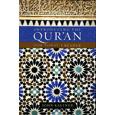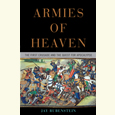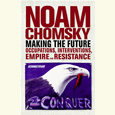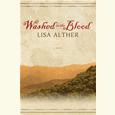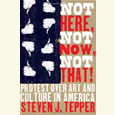Tasty Reading
July 5, 2012 In a culture filled with so-called food porn, it’s perhaps surprising that Nashville’s Alimentum: The Literature of Food is the country’s first literary journal dedicated exclusively to themes of table, kitchen, market, and sustenance. In its pages—and in a revamped website, launching today—editor Paulette Licitra invites readers to consider food as a savory (or sweet) organizing principle, which writers can apply to themes as wide as human experience itself.

